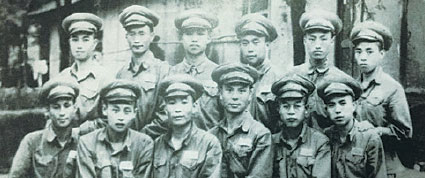Former soldier happy at end of difficult life
Updated: 2016-01-06 08:20
By Li Yang in Chengdu(China Daily)
|
||||||||
|
Sun (third from left on back row) with his classmates at the military college in Chongqing in 1950. Photos Provided to China Daily |
Among the first passengers of the new high-speed railway between Chengdu and Chongqing was a man with a history as storied as the route: soldier, rail builder, reporter, war correspondent, poet, suspected spy.
Sun Yisun helped to build the old Chengdu-Chongqing railway, the first constructed after the People's Republic of China was founded in 1949.
"It was the pride of Sichuan, and also a demarcation line of Sun's life," said Tang Jie, a railway bureau spokeswoman who helped organize the former workers' trip on the new line's first train on Dec 26.
"He is a living history of the Chengdu railway bureau," she said.
Sun, in fact, embodies more than the history of a single rail bureau. He was born to an affluent family in Taizhou, Jiangsu province, in 1932. His father was a teacher, and his uncle was colonel secretary to Chiang Ching-kuo, the eldest son of Chiang Kai-shek, chief of the Kuomintang.
Before the Kuomintang lost the civil war in early 1949, Sun's uncle turned down Chiang Ching-kuo's invitation for his family to flee to Taiwan and arranged for Sun to go to Chongqing, which the Kuo-mintang held until November that year.
"He thought the CPC would win the war, and asked me to contact a CPC agent working at a local newspaper to accommodate me as an intern," Sun said.
After the CPC took Chongqing, Sun entered a military college organized by the Army and became a soldier. Months later, he received an order to join the Chengdu-Chongqing railway construction project as a platoon staff officer responsible for deploying manpower and suppressing local bandits.
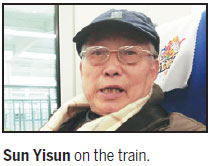
On July 1, 1952, the railway was completed and Sun was sent to Korea as a war correspondent. He saw United States' bombers level a city beside the Chongchon River in less than "a cigarette's moment", and interviewed US prisoners of war as well as the fathers of Chinese martyrs who were weeping in the places where their sons died.
"In my reports, I did not write about Chinese soldiers as heroes, neither did I write about the US Army as vulnerable 'paper tigers'," Sun said. "They are all humans."
Sun returned to Chongqing in 1954 and was assigned to build the Chengdu-Baoji railway. He met his wife, a telephone operator with "sweet voice" from Zigong, Sichuan province. They had two children.
He wrote poetry about his experiences, but before his third book could be published in 1957, he was classified as a "rightist" and was sent to work on construction sites. Later, he was accused of being a spy.
He was "rehabilitated" after 22 years of labor on the rails, and chose to work at a writer's association in Zigong, his wife's hometown, retiring as chairman in 1993.
Jiang Lan and Zhou Bin, two young writers from Sichuan, spoke highly of Sun's warmth and generosity and said Sun was an infectiously happy man.
Sun published a memoir in the late 1980s and is writing a novel about his life.
"I am writing, but I do not regard myself as a writer. I am always a soldier," he said. "My daughter is a painter and my son is a railway engineer. My wife is 81 years old.
"I am happy."
- A glimpse of Spring Rush: little migrant birds on the way home
- Policy puts focus on genuine artistic students
- Police unravel market where babies are bought, sold as commodities
- More older pregnant women expected
- Netizen backlash 'ugly' Spring Festival Gala mascot
- China builds Mongolian language corpus
- 2 Chinese nationals killed, 1 injured in suspected bomb attack in Laos
- New York, Washington clean up after fatal blizzard
- 'Plane wreckage' found in Thailand fuels talk of missing Malaysian jet
- Washington shuts down govt, NY rebounds after blizzard
- 7 policemen, 3 civilians killed in Egypt's Giza blast
- Former US Marine held in Iran arrives home after swap
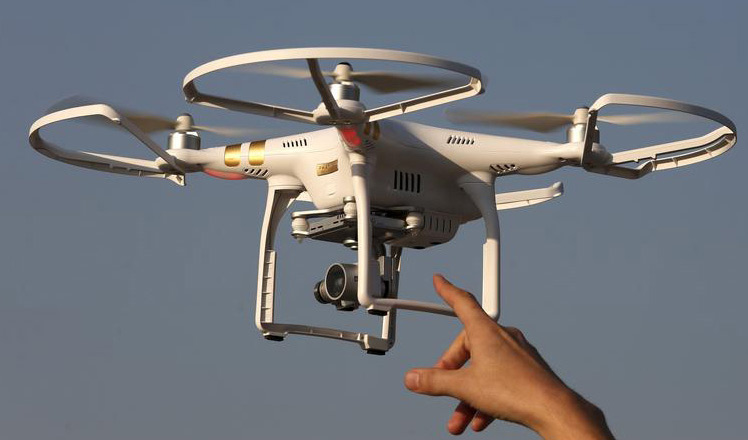
 Drone makers see soaring growth but dark clouds circle industry
Drone makers see soaring growth but dark clouds circle industry China's Zhang reaches Australian Open quarterfinals
China's Zhang reaches Australian Open quarterfinals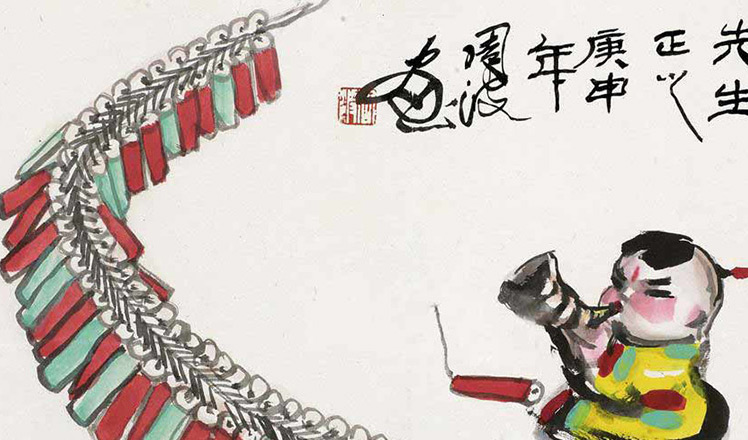
 Spring Festival in the eyes of Chinese painters
Spring Festival in the eyes of Chinese painters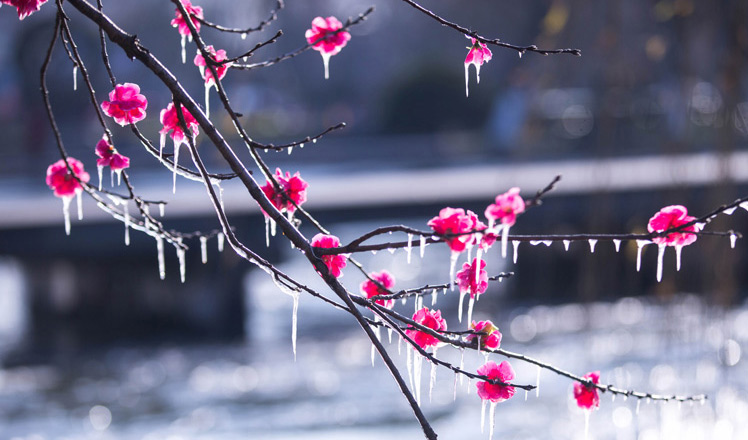
 Cold snap brings joy and beauty to south China
Cold snap brings joy and beauty to south China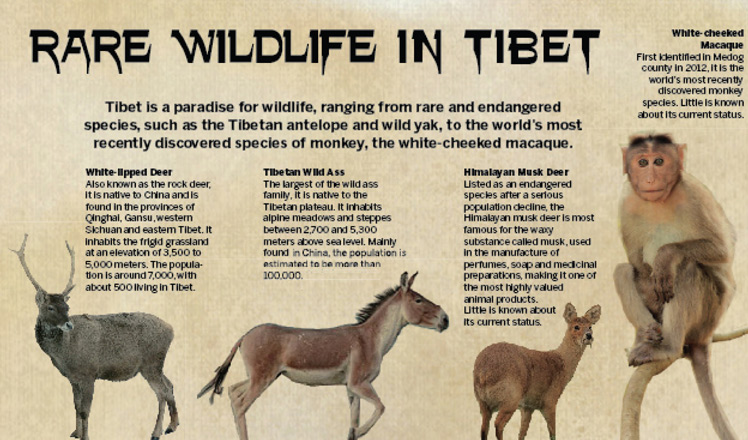
 The making of China Daily's Tibetan-style English font
The making of China Daily's Tibetan-style English font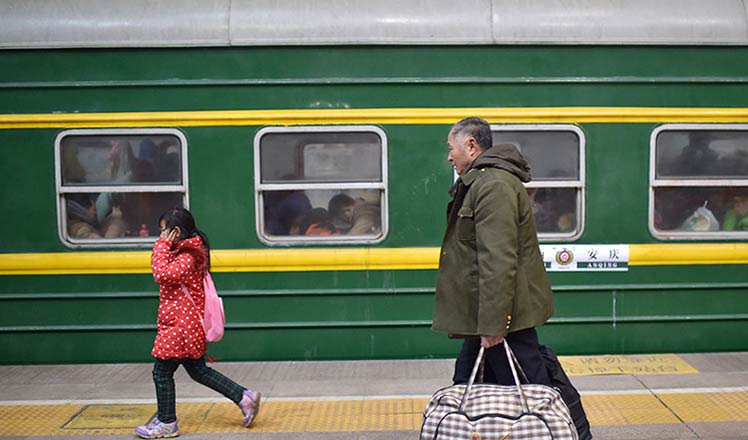
 First trains of Spring Festival travel depart around China
First trains of Spring Festival travel depart around China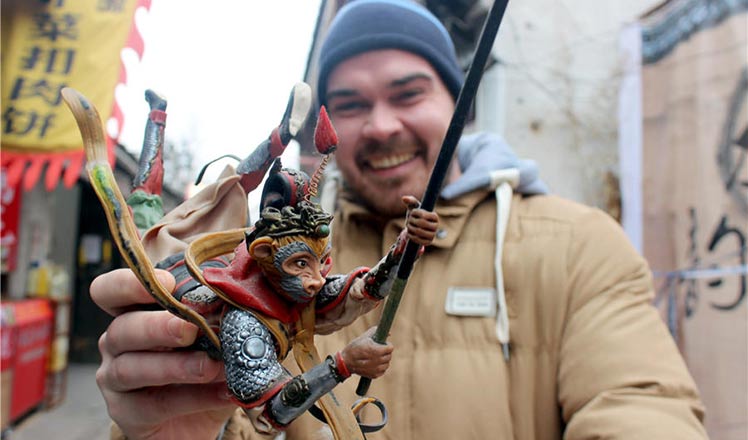
 Dough figurines of Monkey King welcome the New Year
Dough figurines of Monkey King welcome the New Year
 Ning Zetao, Liu Hong named China's athletes of the year
Ning Zetao, Liu Hong named China's athletes of the year
Most Viewed
Editor's Picks

|

|

|

|

|

|
Today's Top News
National Art Museum showing 400 puppets in new exhibition
Finest Chinese porcelains expected to fetch over $28 million
Monkey portraits by Chinese ink painting masters
Beijing's movie fans in for new experience
Obama to deliver final State of the Union speech
Shooting rampage at US social services agency leaves 14 dead
Chinese bargain hunters are changing the retail game
Chinese president arrives in Turkey for G20 summit
US Weekly

|

|
